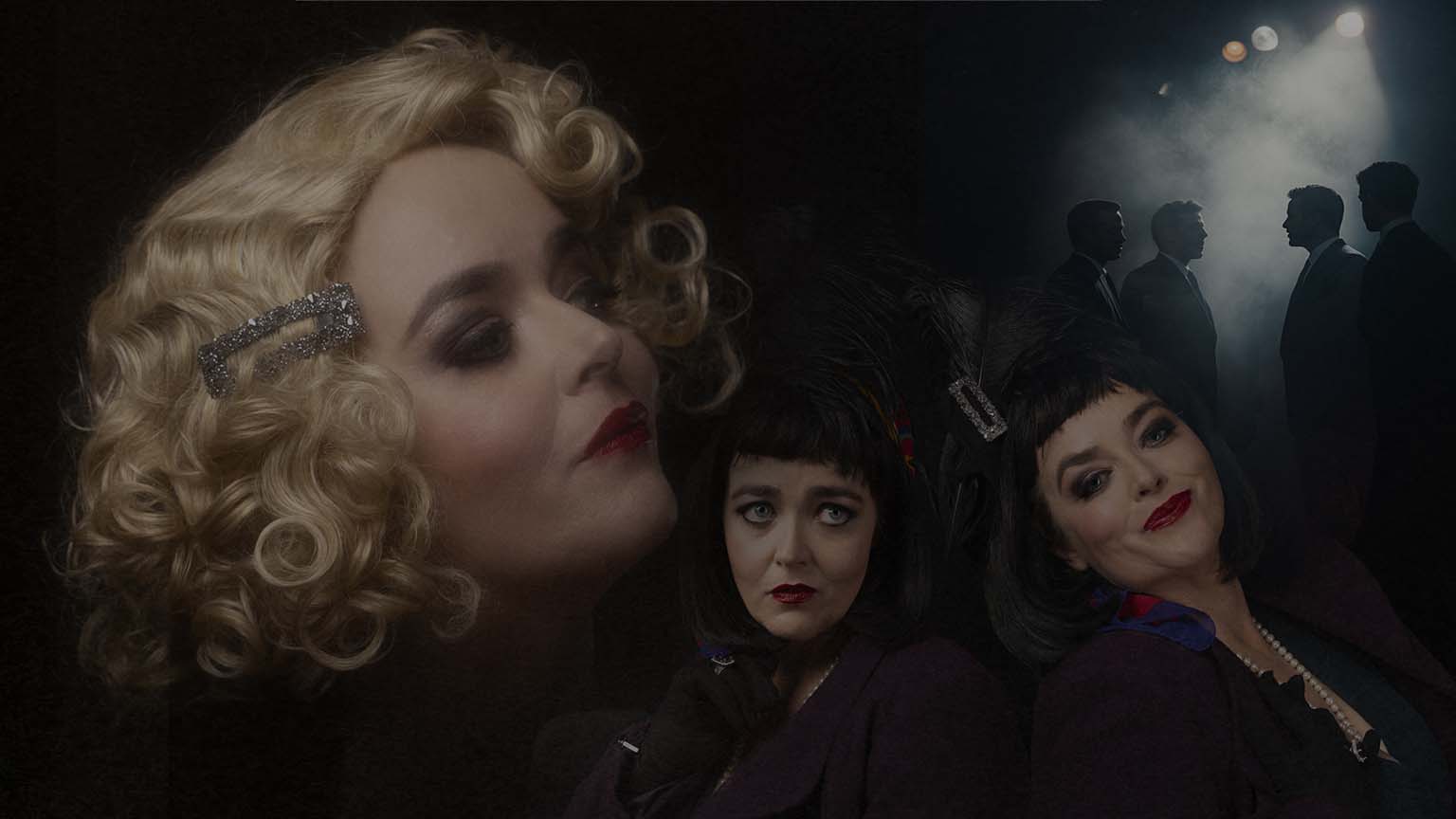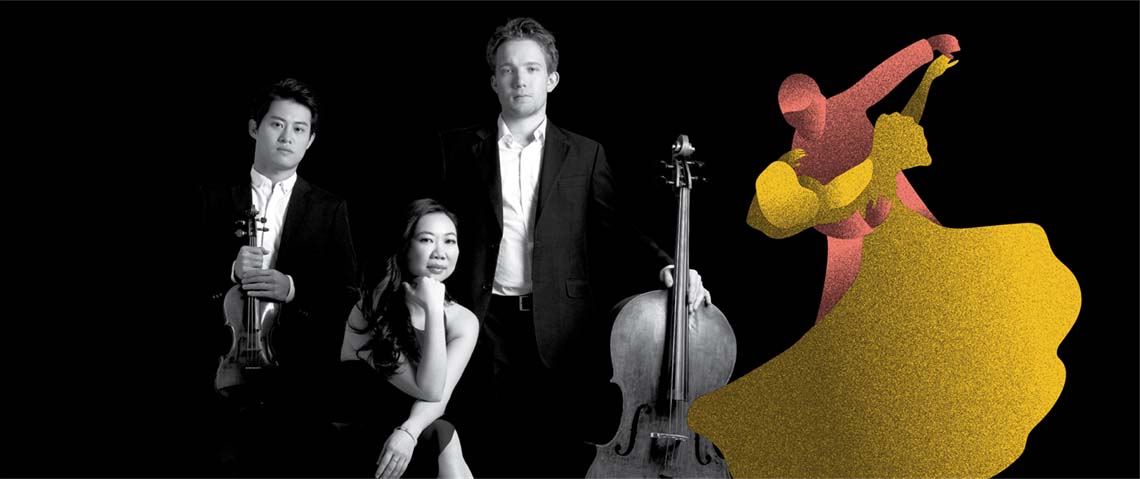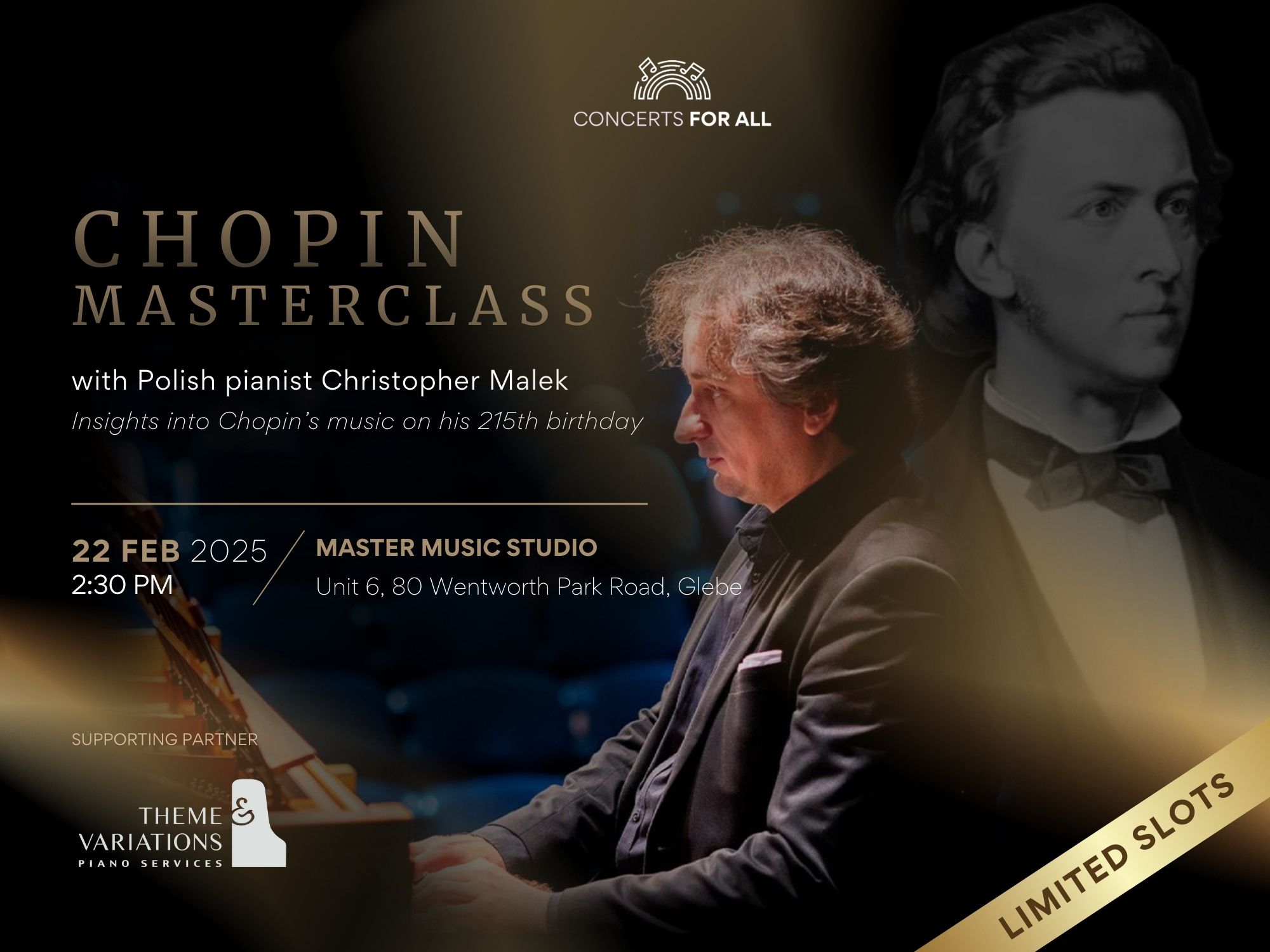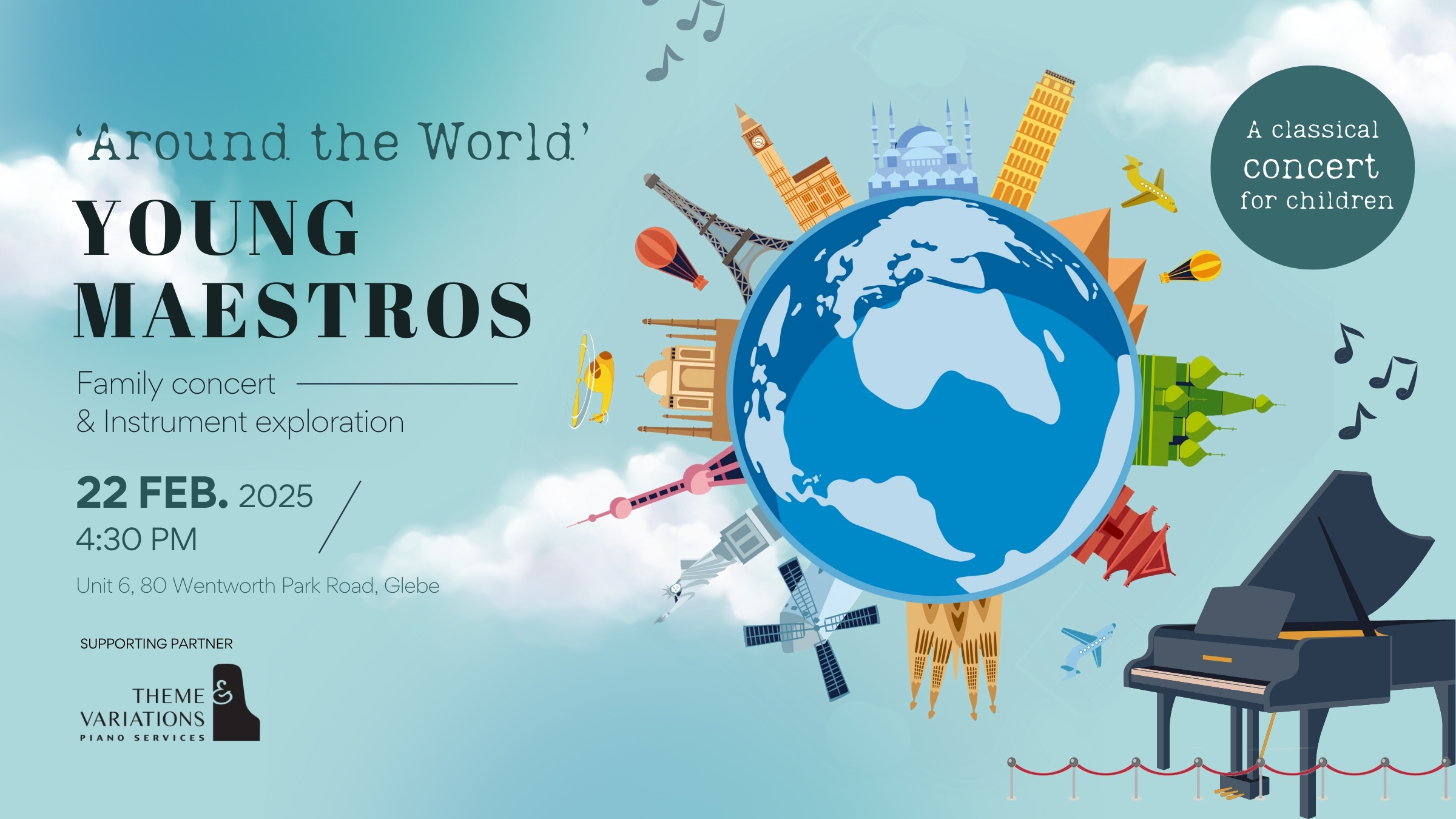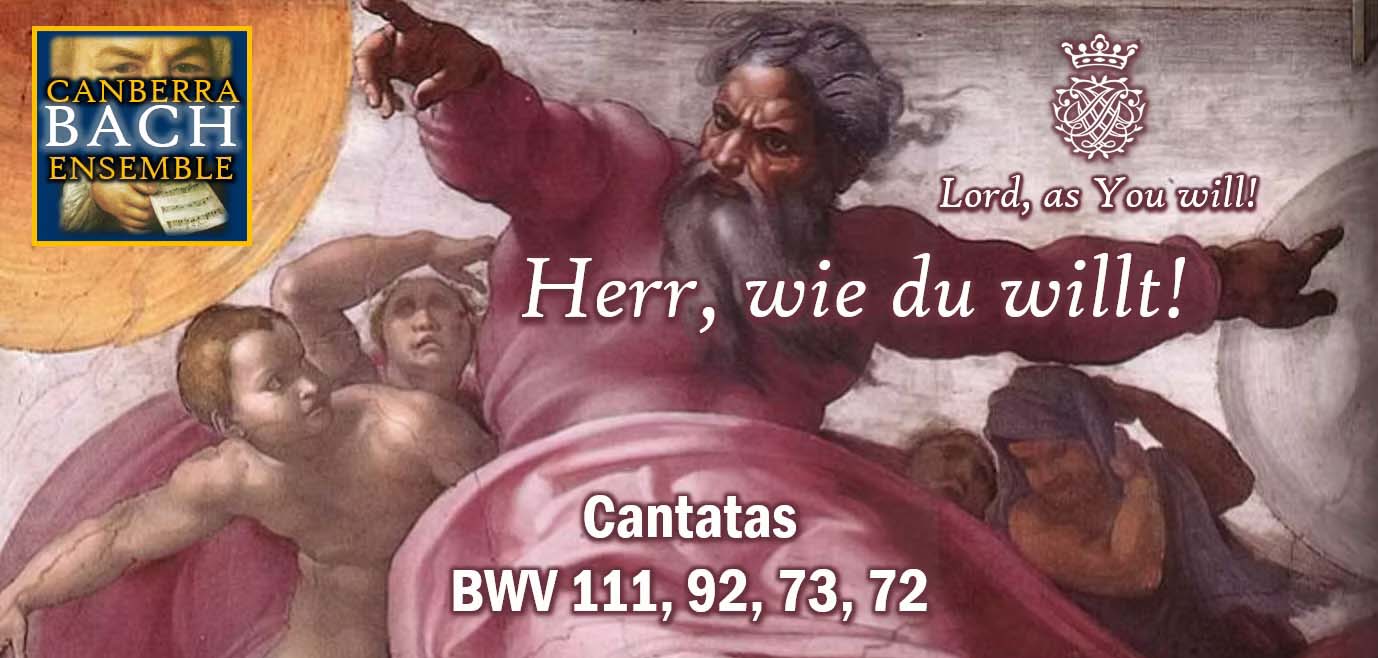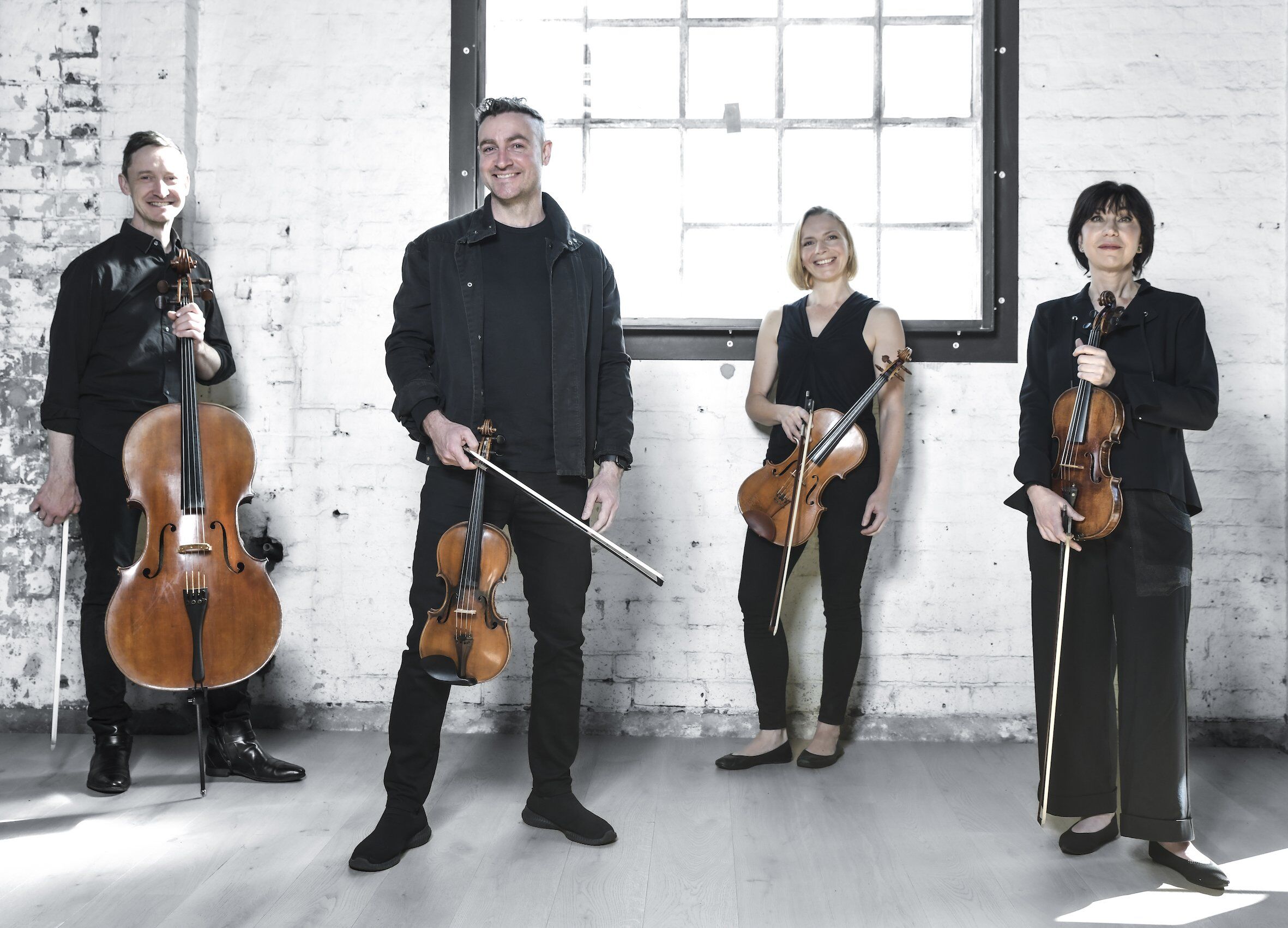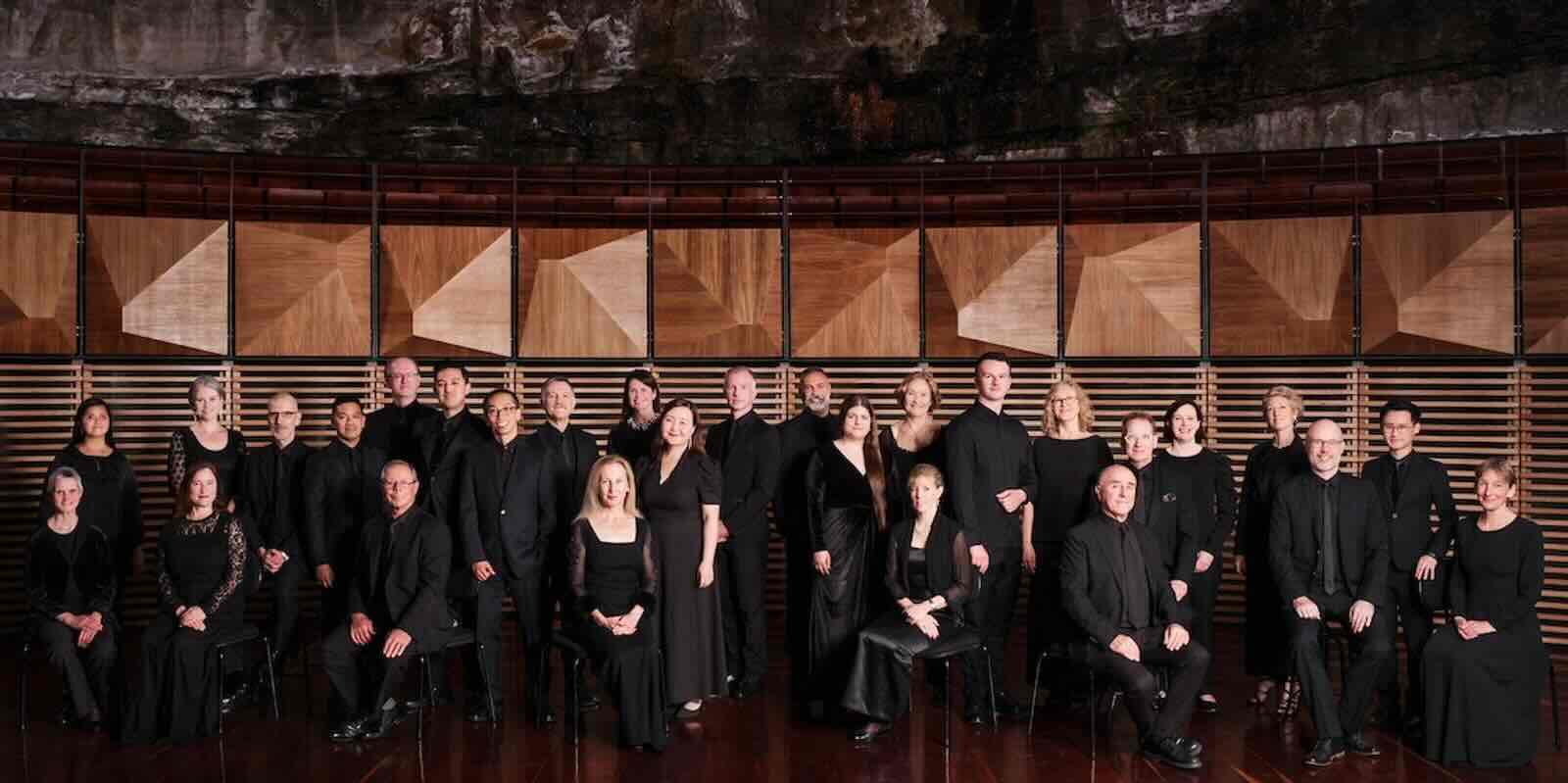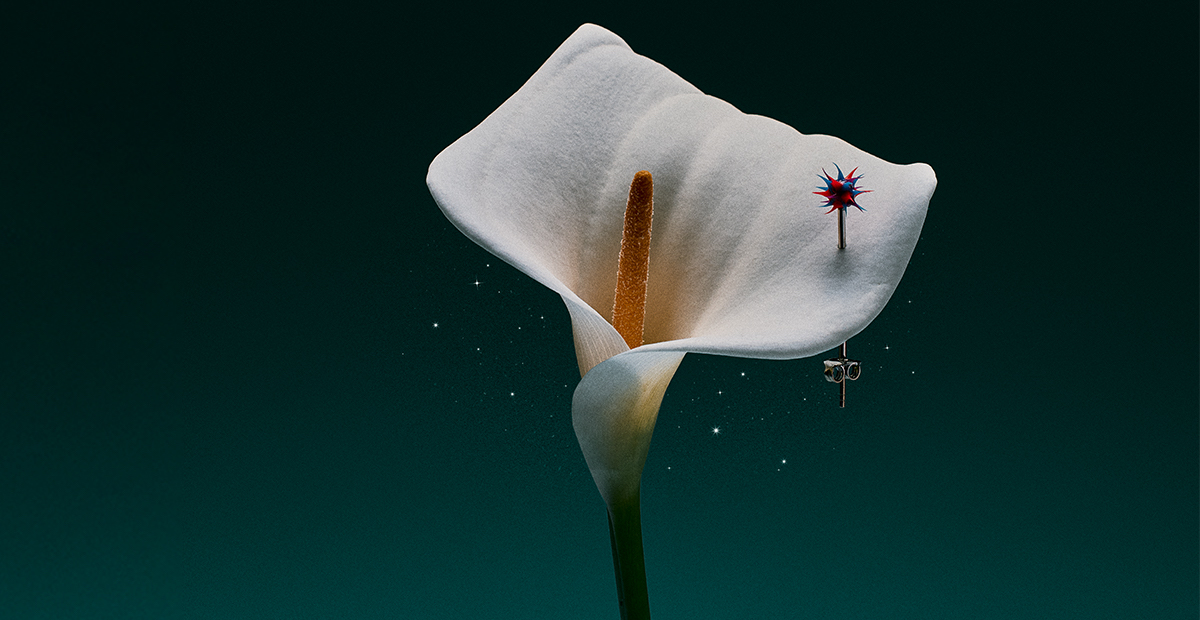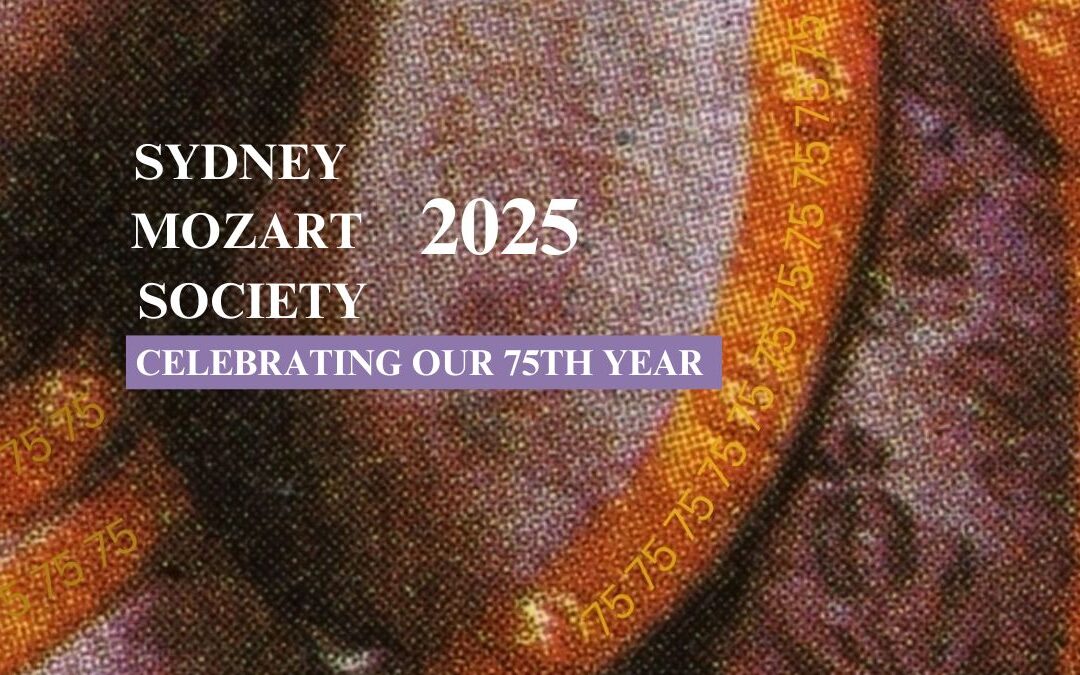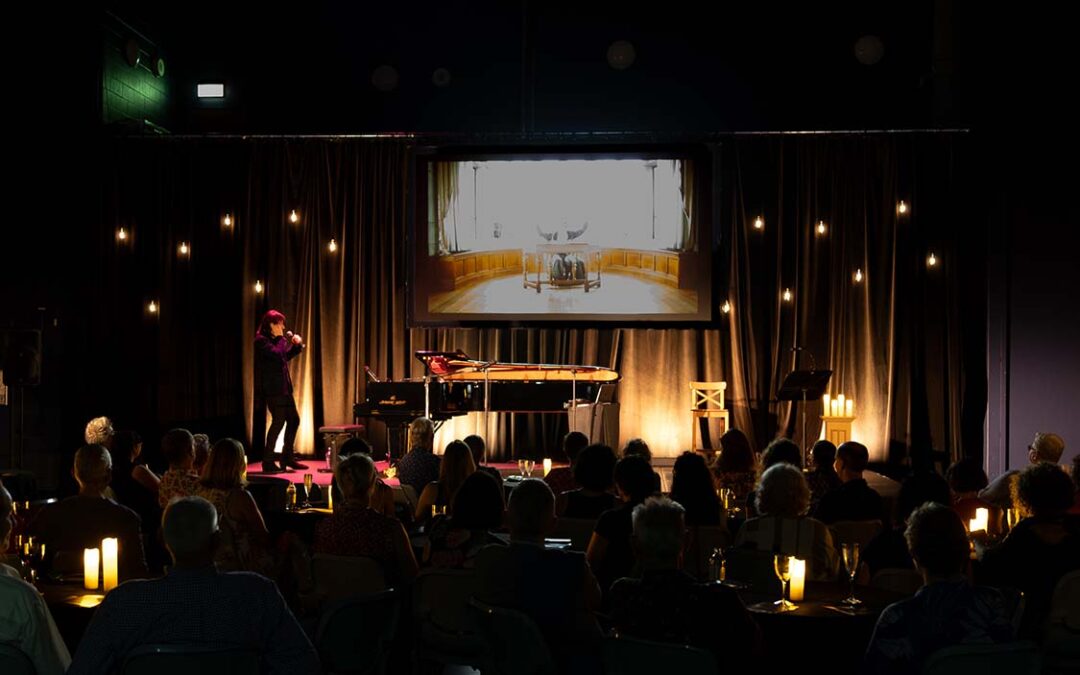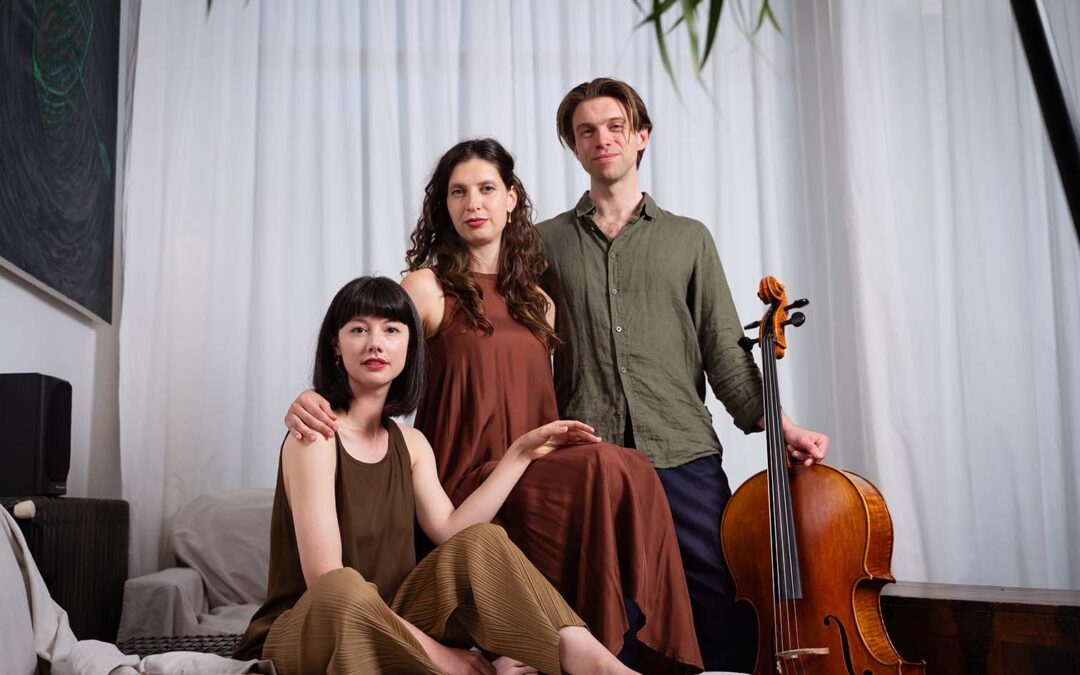The Con, as we love to call it, is celebrating 100 years in the business of training young Australian musical talent. That’s quite a milestone! A week of concerts has showcased the past and current achievements of the institution. Saturday night was the gala event, with Maestro Richard Bonynge (1950 graduate) conducting the SCM Symphony Orchestra, Choir, and Chamber Choir, in presenting a little known opera by Joseph Haydn. A stellar cast of soloists and Con graduates – Greta Bradman, Amelia Farrugia, Brad Cooper, Damian Whiteley, and Simon Lobelson – sang the lead roles.
Maestro Bonynge, who celebrated his 85th birthday in late September and who shows no signs of slowing down his schedule, received a warm and enthusiastic ovation when he came to the podium. It was a delight to watch such a conducting legend, a product of this very institution, standing ramrod straight and tall in his black tails, guiding the orchestra and choir with such an economy of movement – no widely flailing arms like some, but controlled, graceful, and gentle movements to coax the very best out of a symphony orchestra of talented and dedicated Con students, and drawing a full crescendo of sound out of 80 voices in the choir, especially in the 3rd and 4th acts.
Haydn is not well known for his operas, but one of the legacies of Richard Bonynge is his revival of many long forgotten or rarely performed operatic works. Haydn’s last opera, Orfeo ed Euridice, thanks to a quirk of English politics in 1791 when it was composed, never made it to the stage and remained unperformed and unnoticed until 1950. It is still rarely heard (although Pinchgut did present it in 2010), but is one which Bonynge has championed. Consequently, he is well able to bring the work to life in a wonderful way, even in a concertized version, because of his familiarity with it.
The opera was composed for a noted tenor of Haydn’s time – on Saturday night tenor Brad Cooper was simply superb in the role of Orfeo, singing with a depth of passion. The role is constant and demanding, and his vocal interpretation was consistently impressive. In the first two Acts the other principal role is Euridice, sung by soprano Greta Bradman. Her opening aria, a cry of desperation at the thought of marriage to someone she doesn’t love, was deeply moving and full of pathos. Greta Bradman’s voice is a sheer delight – wonderfully deep and rich when it needs to be, but crystal clear and light and floating at the top. Her voice blended wonderfully with Brad Cooper’s in their several duets, expressing the tenderness and joy of the lovers. Unfortunately Euridice dies at the end of Act 2 and Bradman exits the stage, although we get an extremely brief reappearance when we visit the underworld in Act 4.
In Acts 3 and 4 we meet the Spirit from the Underworld, sung by soprano Amelia Farrugia. Some of her arias are devilishly difficult, but Farrugia seemed unfazed and thrilled the audience with her glorious singing, including a full 8 minutes worth of coloratura in Act 3 at the end of which the audience broke into a well-deserved and extended applause. In the second half of the opera the choir assumes a much more dominant role than in the first two acts. Haydn composed some magnificent choral music in this opera, which was sung superbly by the 80 singers, positioned behind the orchestra.
Damiean Whiteley (bass) sang Plutone and Corsta, and Simon Lobelson (baritone) was King Creonte. While their roles are overshadowed by the tenor role, both Whiteley and Lobelson are fine singers who conveyed the emotional drama of their characters.
The Symphony Orchestra played with discipline and confidence, and doubtless the players revelled in being under the baton of such a conducting master. Special mention should also go to Julia de Plater and Zoltan Szabo, harpsichord and cello continuo, who skilfully supported the singers particularly during the recitatives.
Haydn is not known for his operas, despite the fact he composed more than a dozen, and given the warm reception to Orpheus ed Euridice on Saturday it is a great pity they are not performed more widely.
At the close of the evening, Maestro Richard Bonynge was awarded an Honorary Doctor of Music. One would have to agree this is a very well deserved award, a fitting tribute to one of the Con’s most famous graduates and an Australian musician of whom we are all very proud.
Review for:
![]() Sydney Conservatorium of Music Centenary Festival Gala – Opera in Concert with Richard Bonynge | 10 Oct 2015 | Sydney Conservatorium of Music: Verbrugghen Hall
Sydney Conservatorium of Music Centenary Festival Gala – Opera in Concert with Richard Bonynge | 10 Oct 2015 | Sydney Conservatorium of Music: Verbrugghen Hall![]()
Photo credit: Prudence Upton

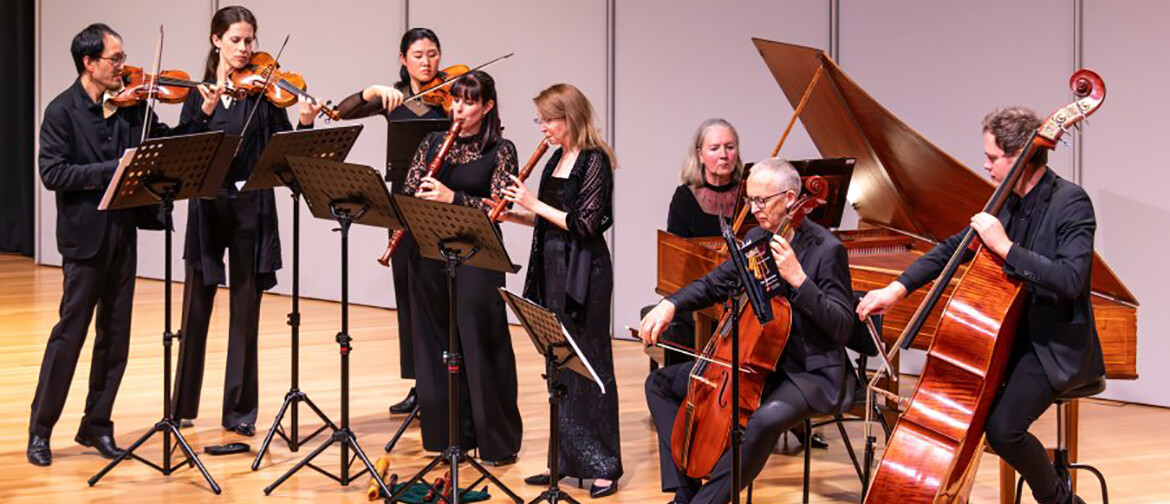
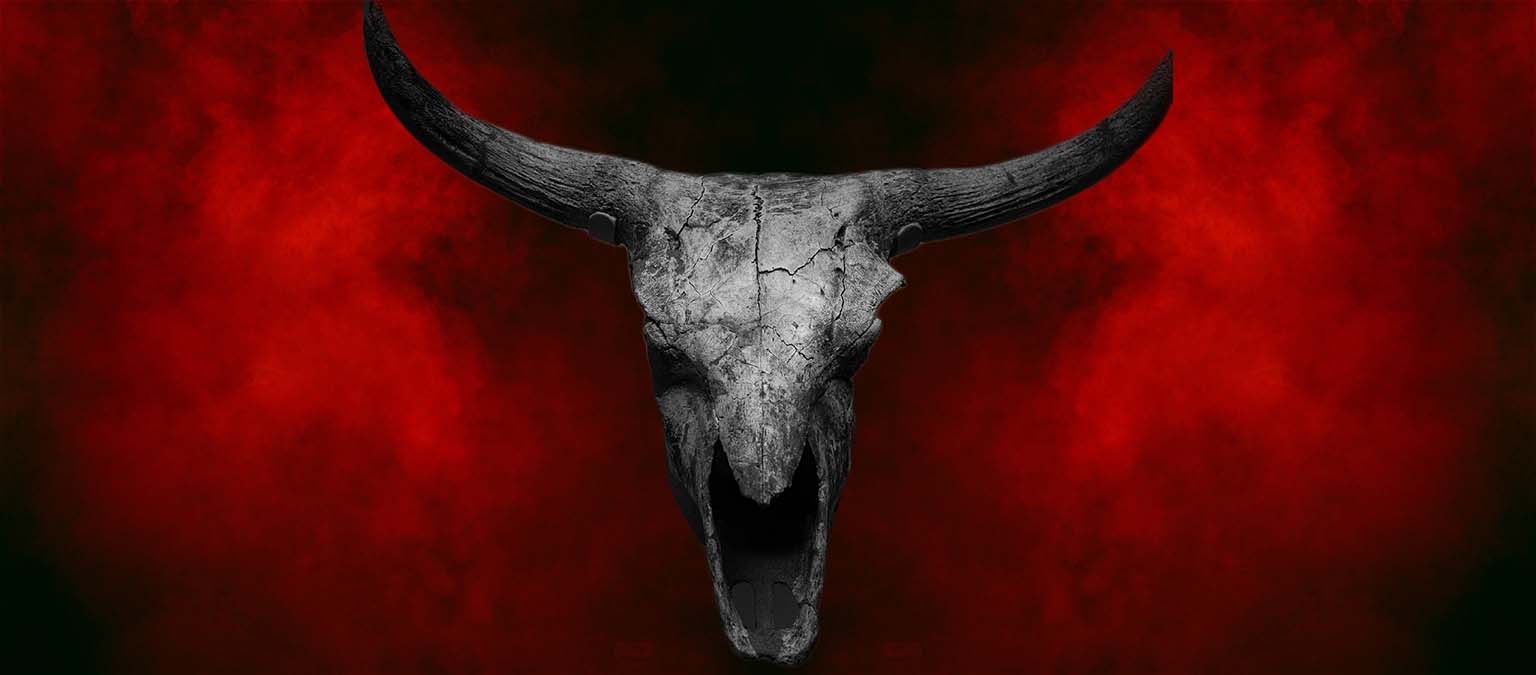

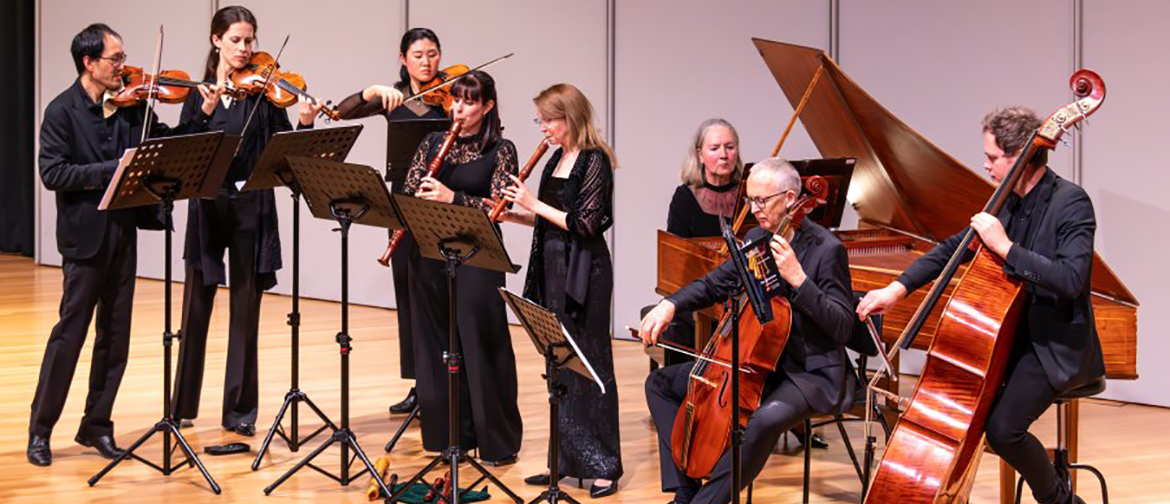
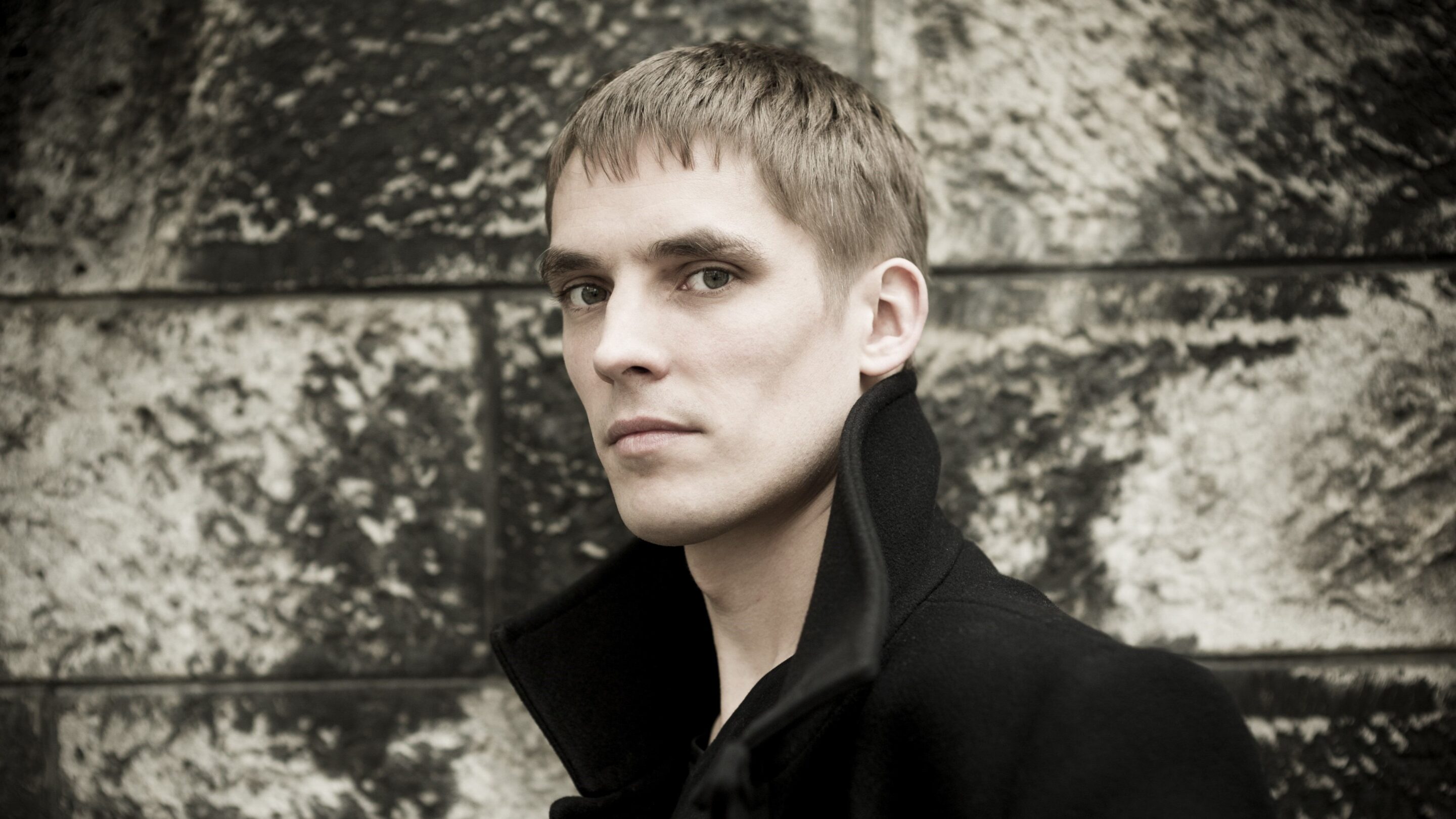
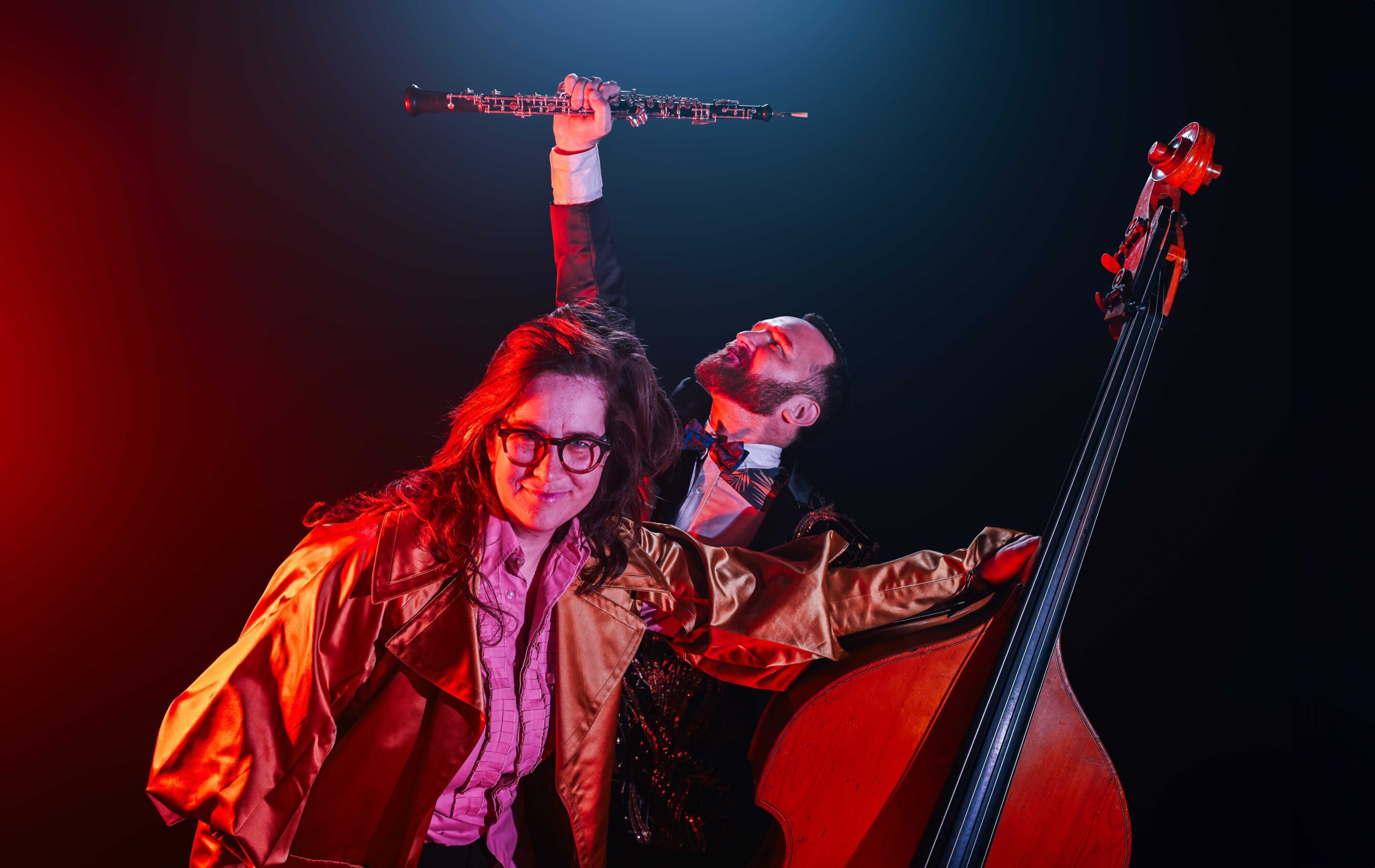
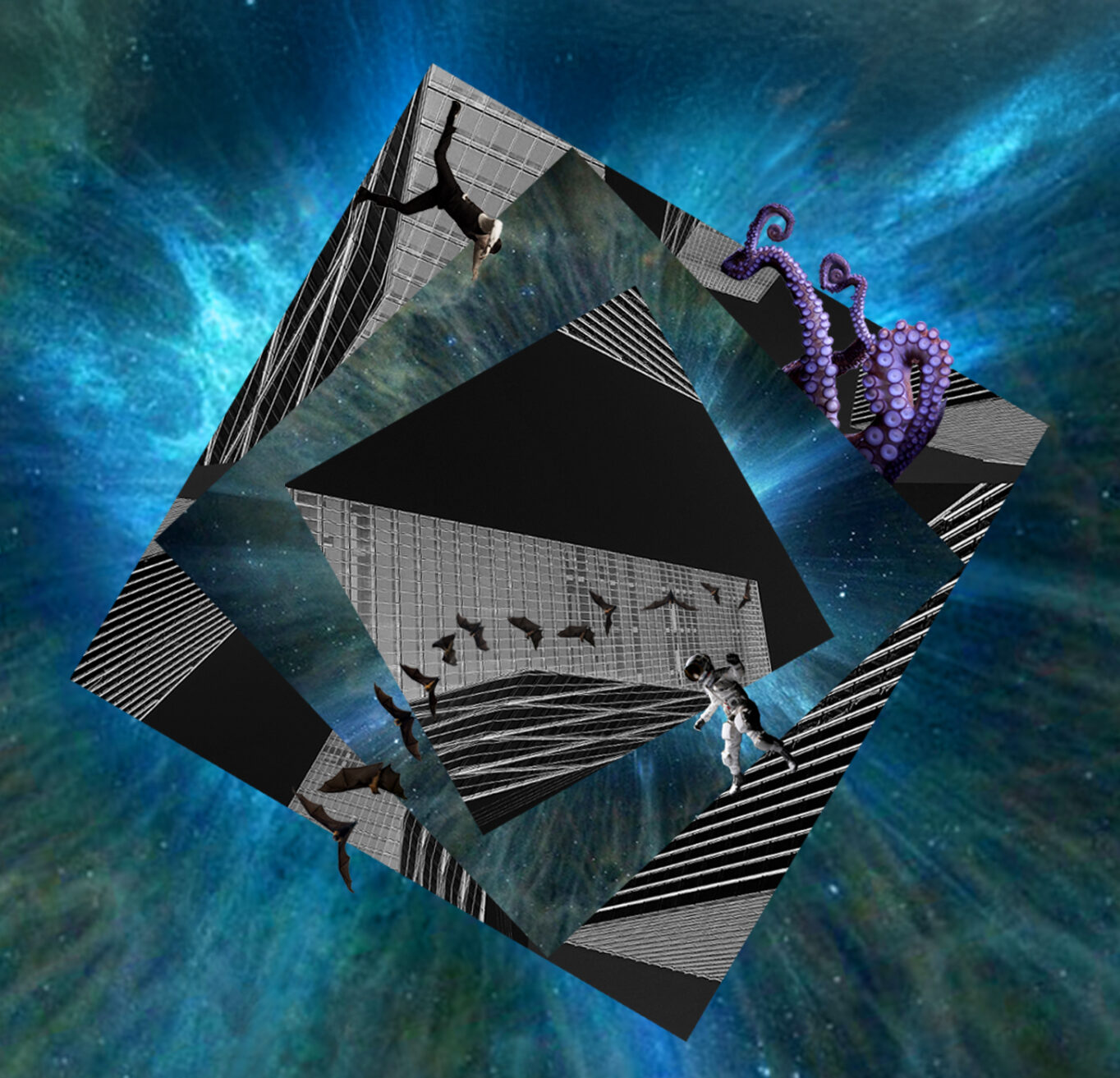
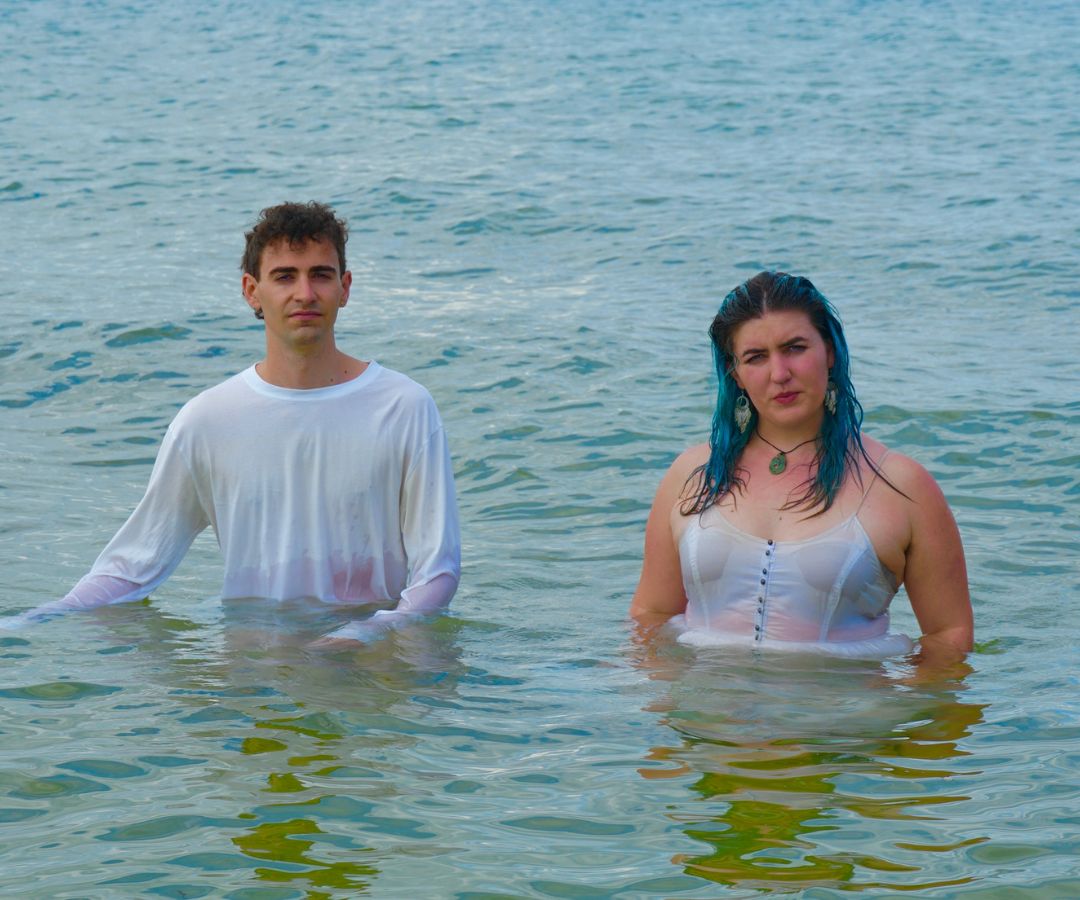


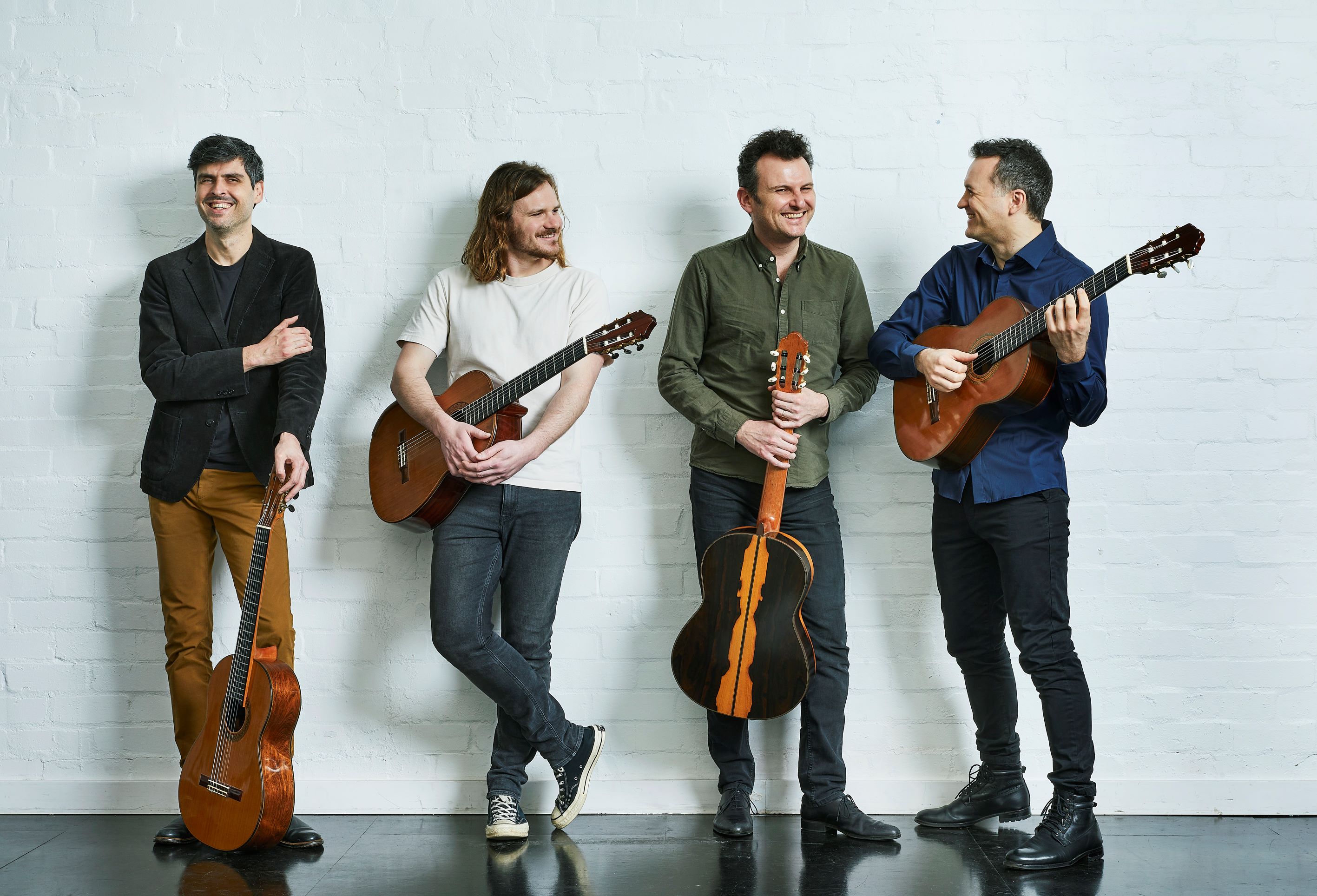
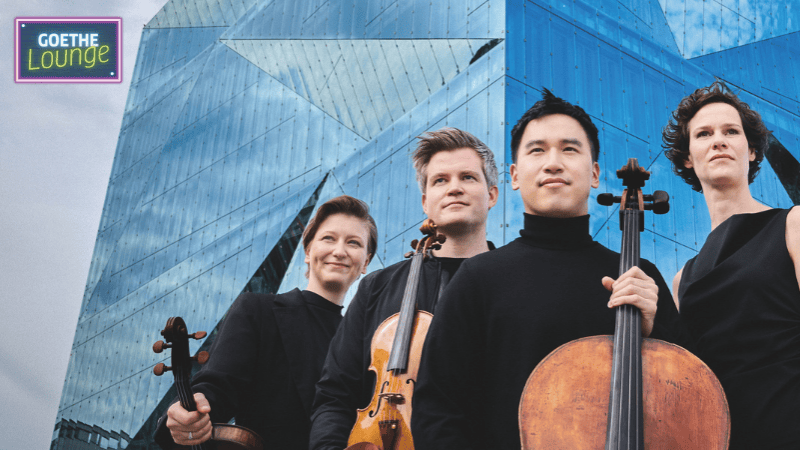
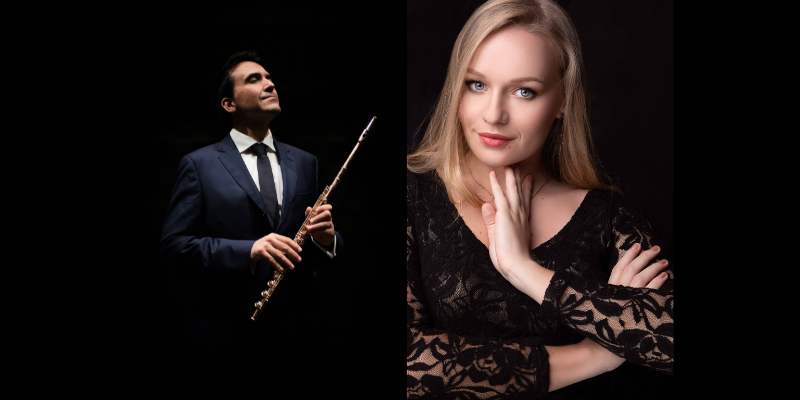
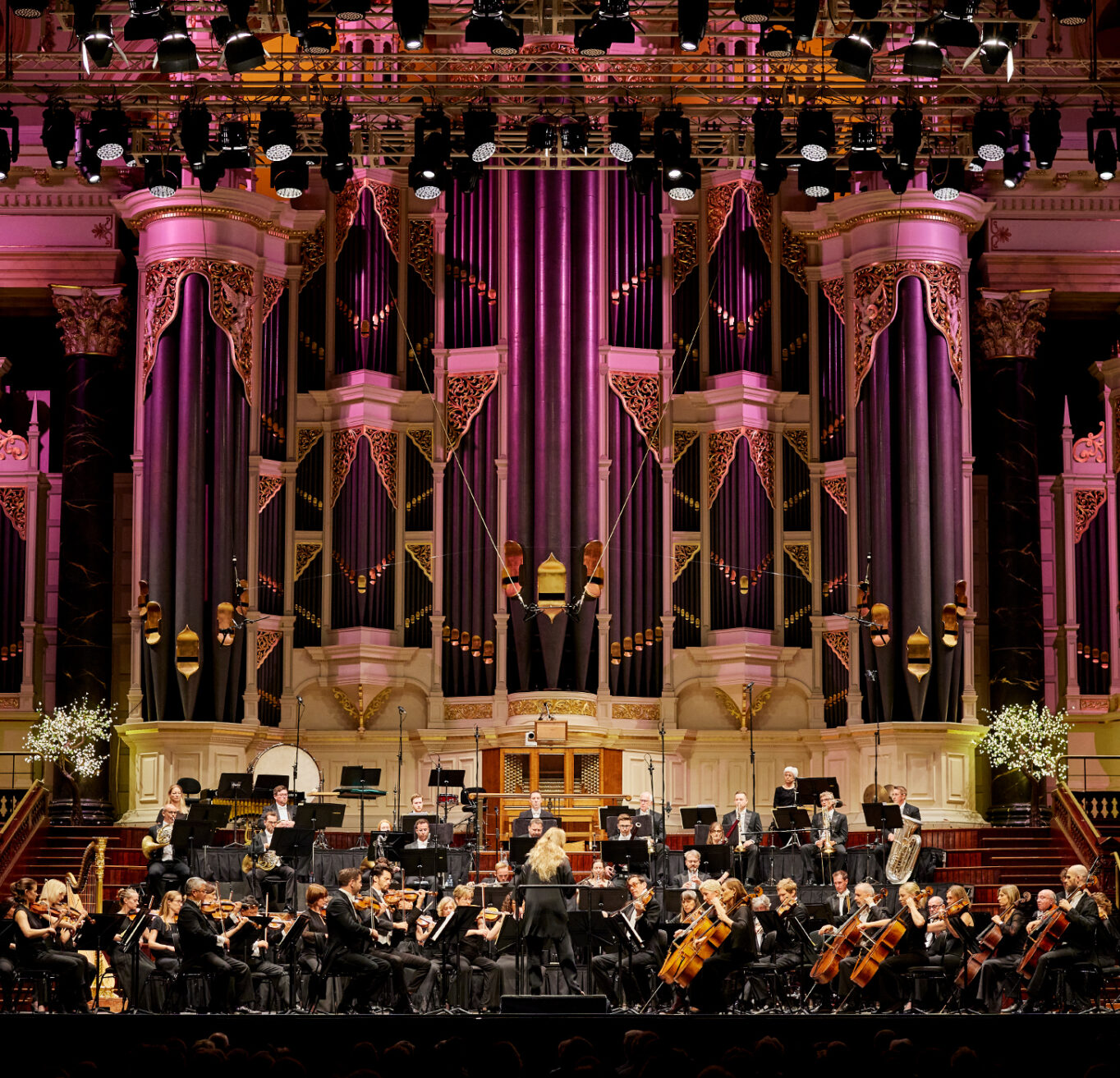
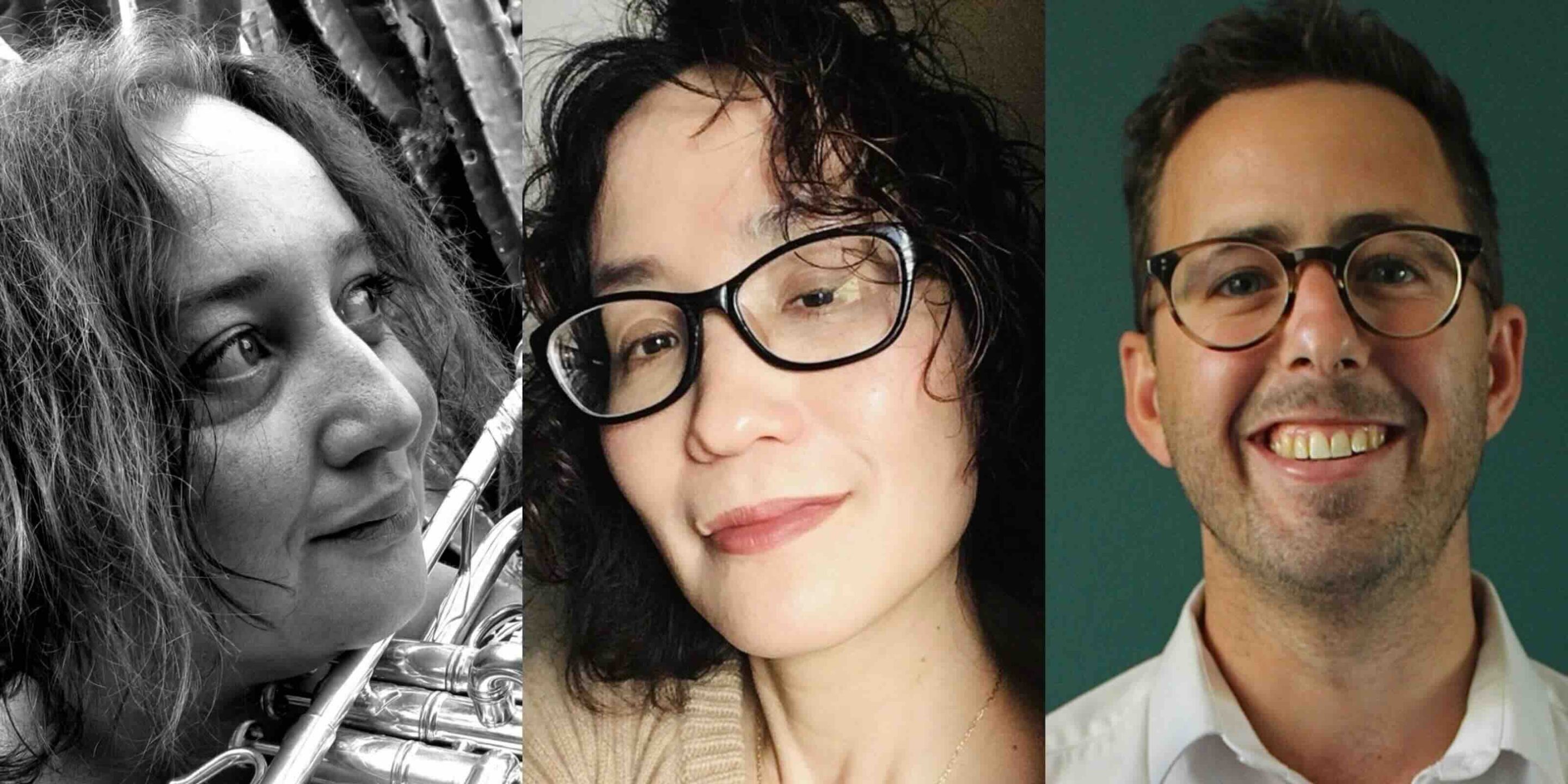
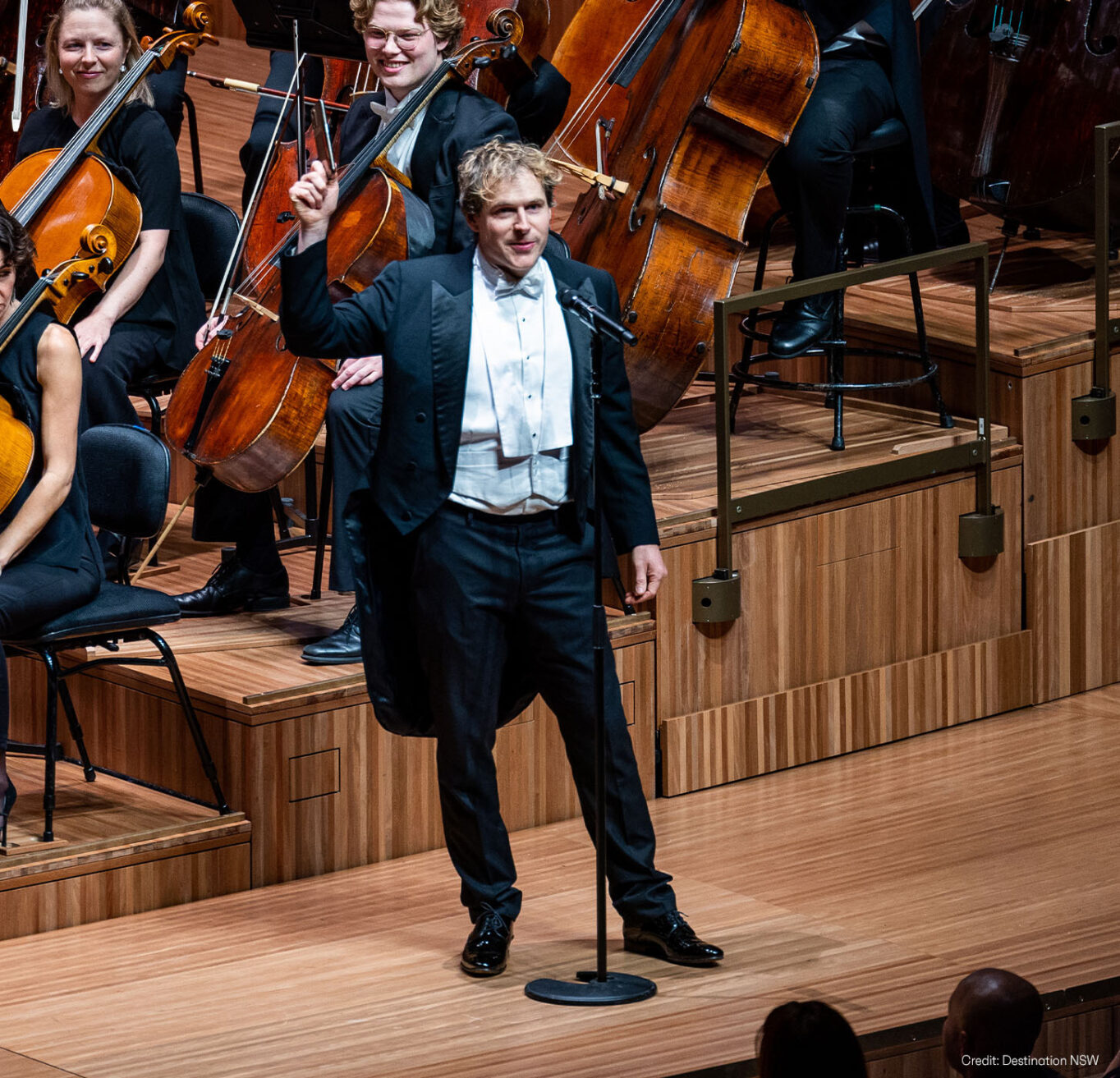
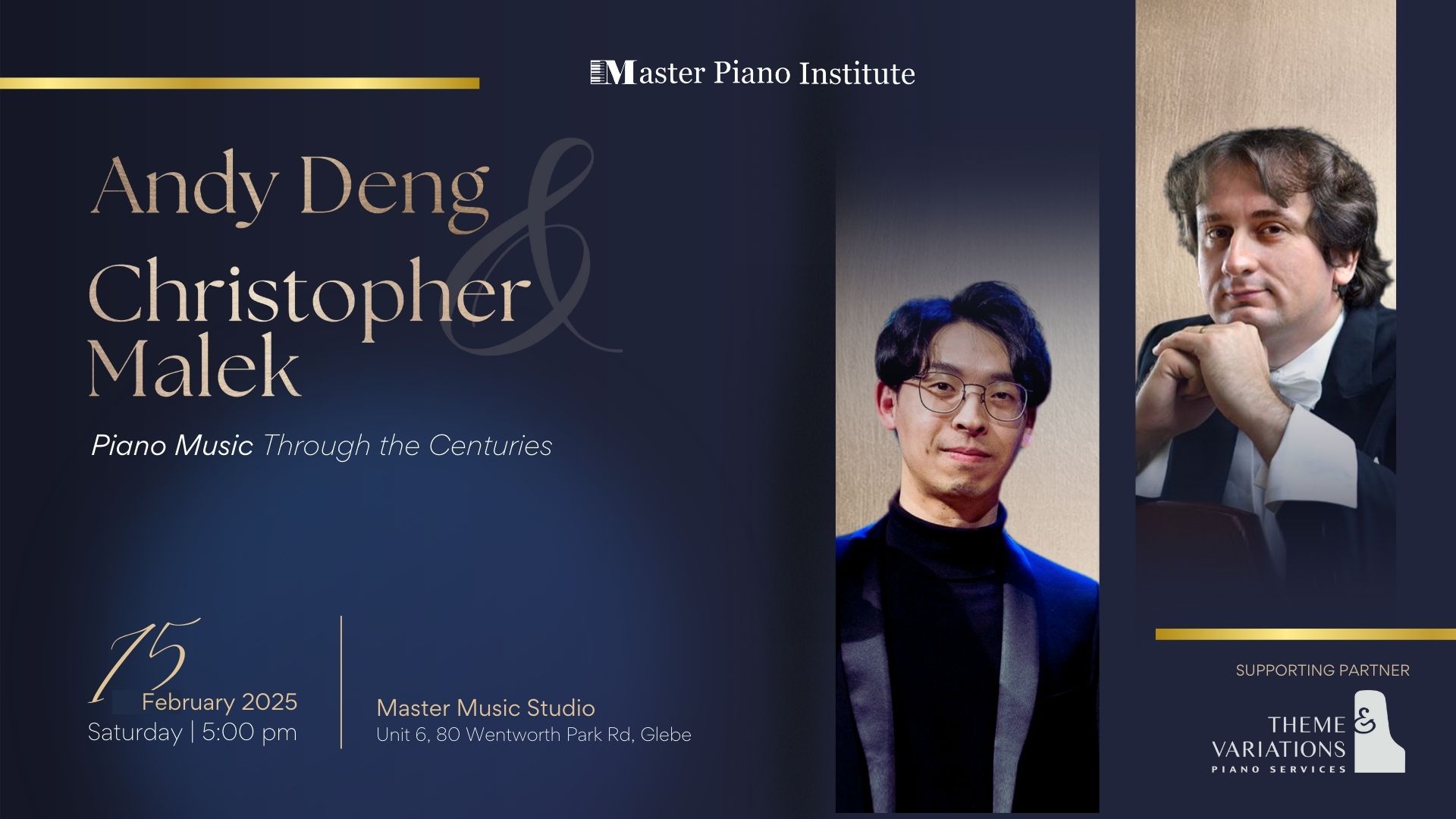
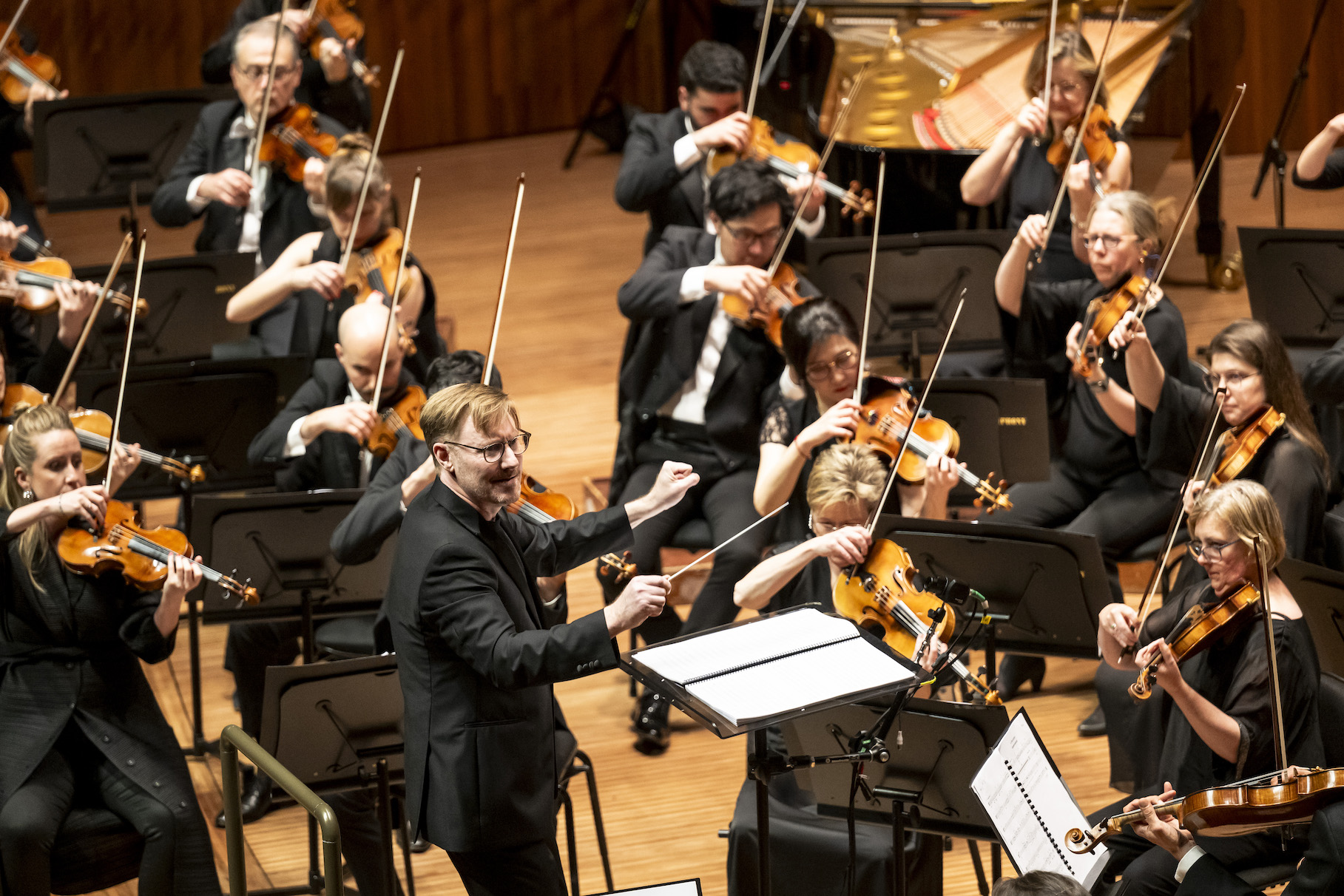
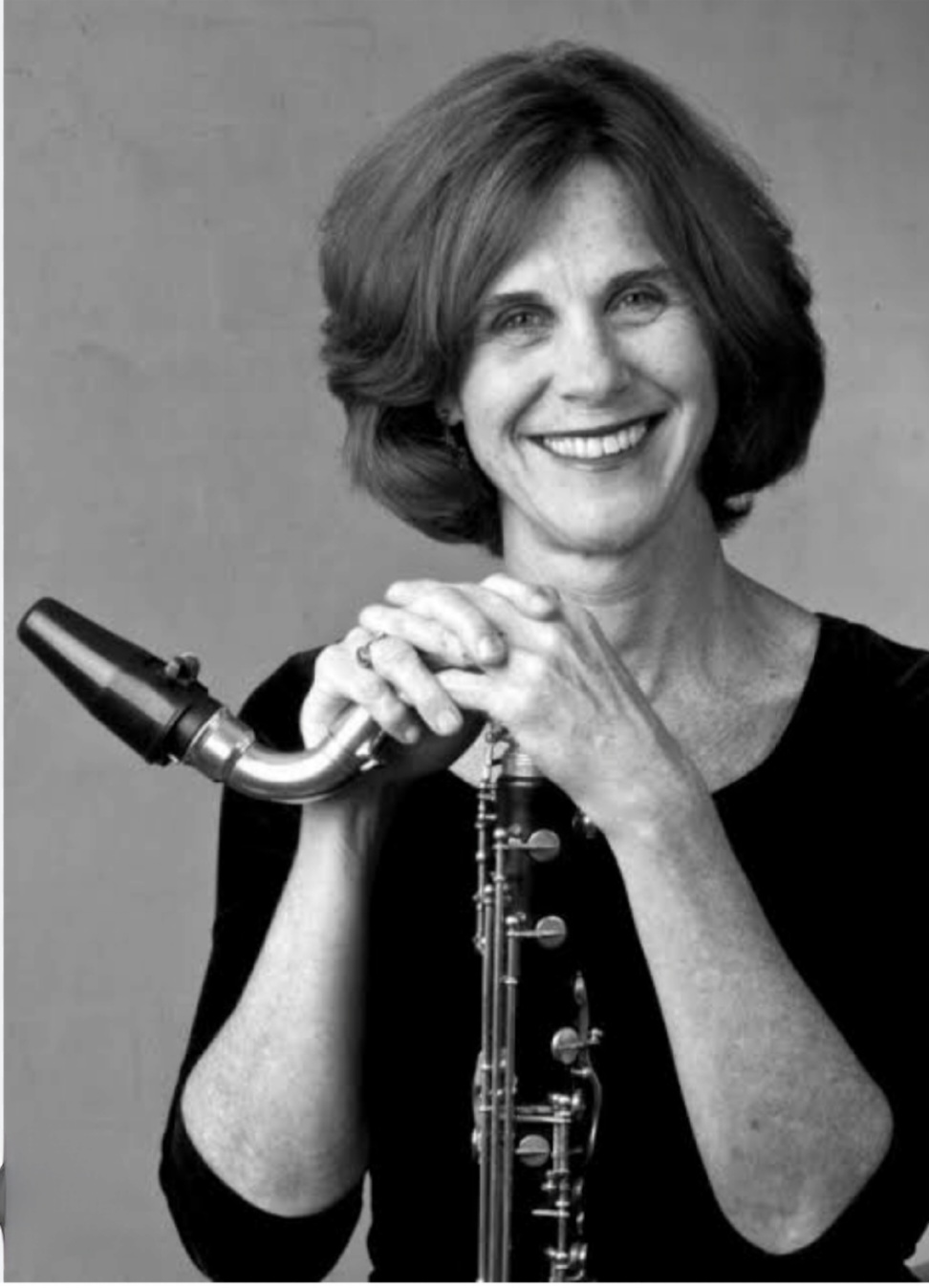

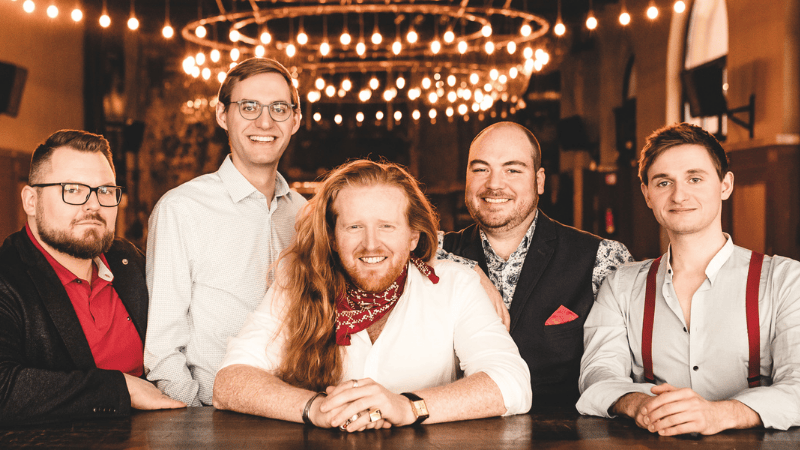
![artboard 1[31] artboard 1[31]](https://cdn-classikon.b-cdn.net/wp-content/uploads/2025/01/artboard-131.jpg)
